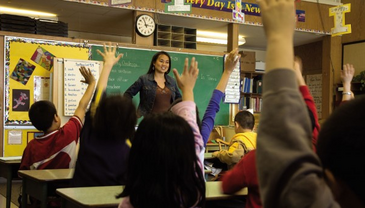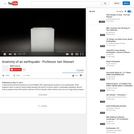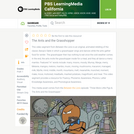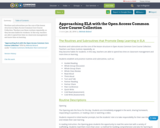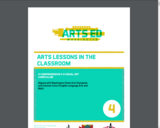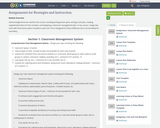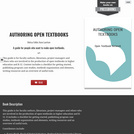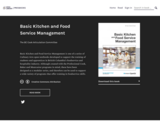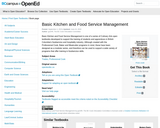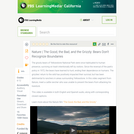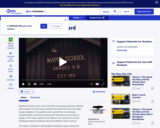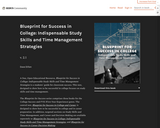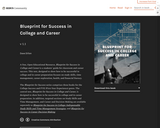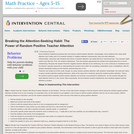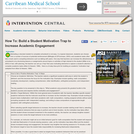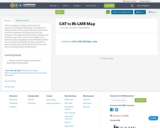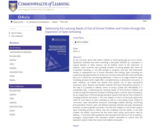
At any one time, about 300 million children of school going age are not in school. Experience indicates that when schooling is disrupted, whether by a pandemic, a natural disaster or other reasons, not all children return to the classroom. In addition, most countries have growing numbers of young people who have not completed schooling, or not well enough to progress, and who find themselves neither in employment nor in further education and training.
Open schooling can create learning opportunities for those not in school, those who left school and those who are in school but not learning effectively. There is no single model for open schooling provision which might offer a complementary or alternative curriculum, or both. However, all models can benefit from greater use of open educational resources; open, distance and flexible methods and open educational practices. In this way it is possible to address issues of access, quality and affordability in a sustainable way.
This book offers guidelines and examples that will be of use to teachers, managers, policy-makers and education leaders interested to ensure that the education system meets the needs of all children and youths.
- Subject:
- Education
- Material Type:
- Reading
- Textbook
- Provider:
- Commonwealth of Learning
- Author:
- Anshul Kharbanda
- Chanchal Kr. Singh
- Charity Mbolela Bwalya
- Dean Dundas
- Edwig Karipi
- Ephraim Mhlanga
- Heroldt Veekama Murangi
- Jan Nitschke
- Kirston Brindley
- Mike Hollings
- Rajiv Kumar Singh
- Sadia Afroze Sultana
- Sandhya Kumar
- Sheldon Samuels
- Som Naidu
- Sukanta K. Mahapatra
- Tommie Hamaluba
- Tony Mays
- Wilhelmina Louw
- Yousra Banoor Rajabalee
- Date Added:
- 06/02/2021
